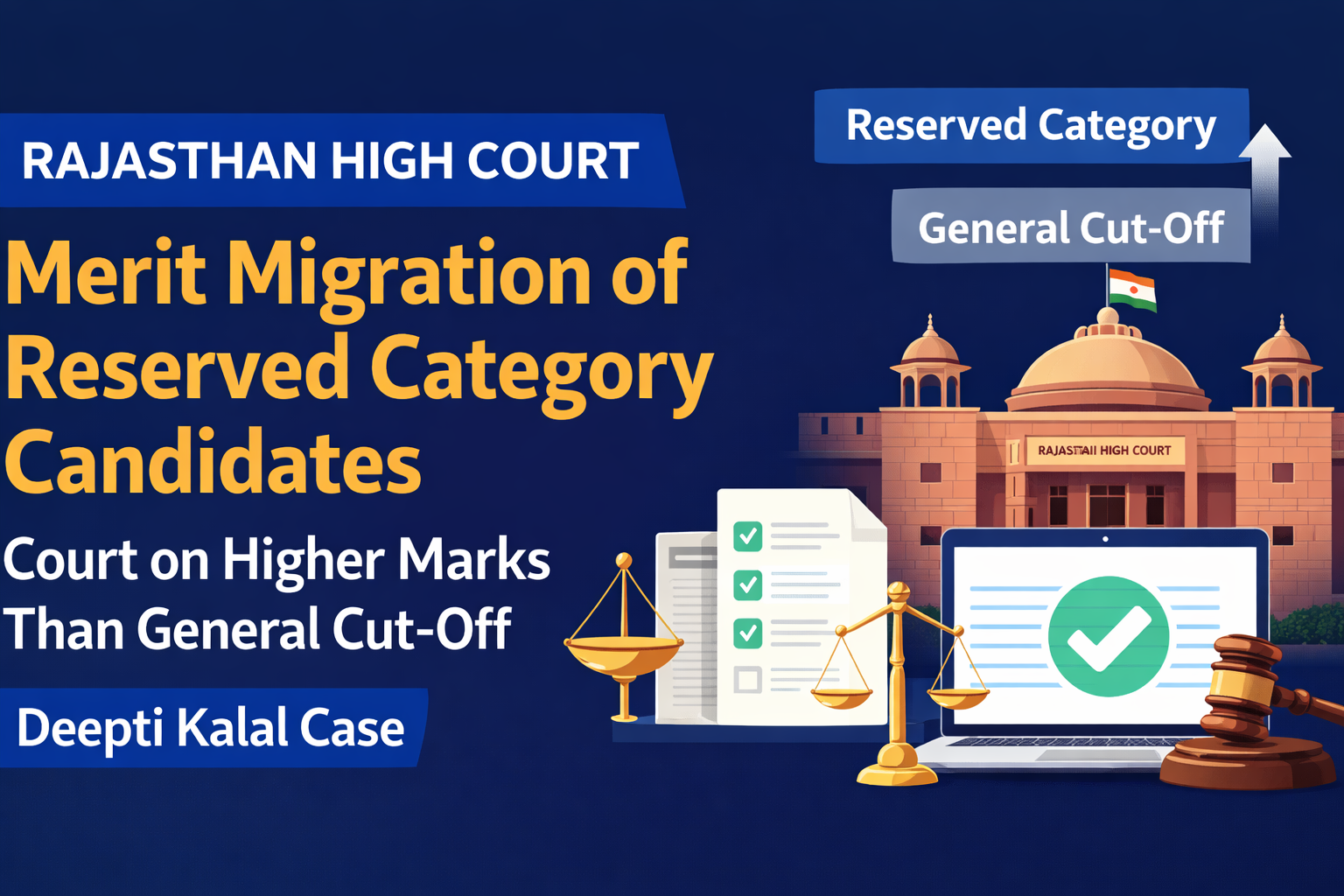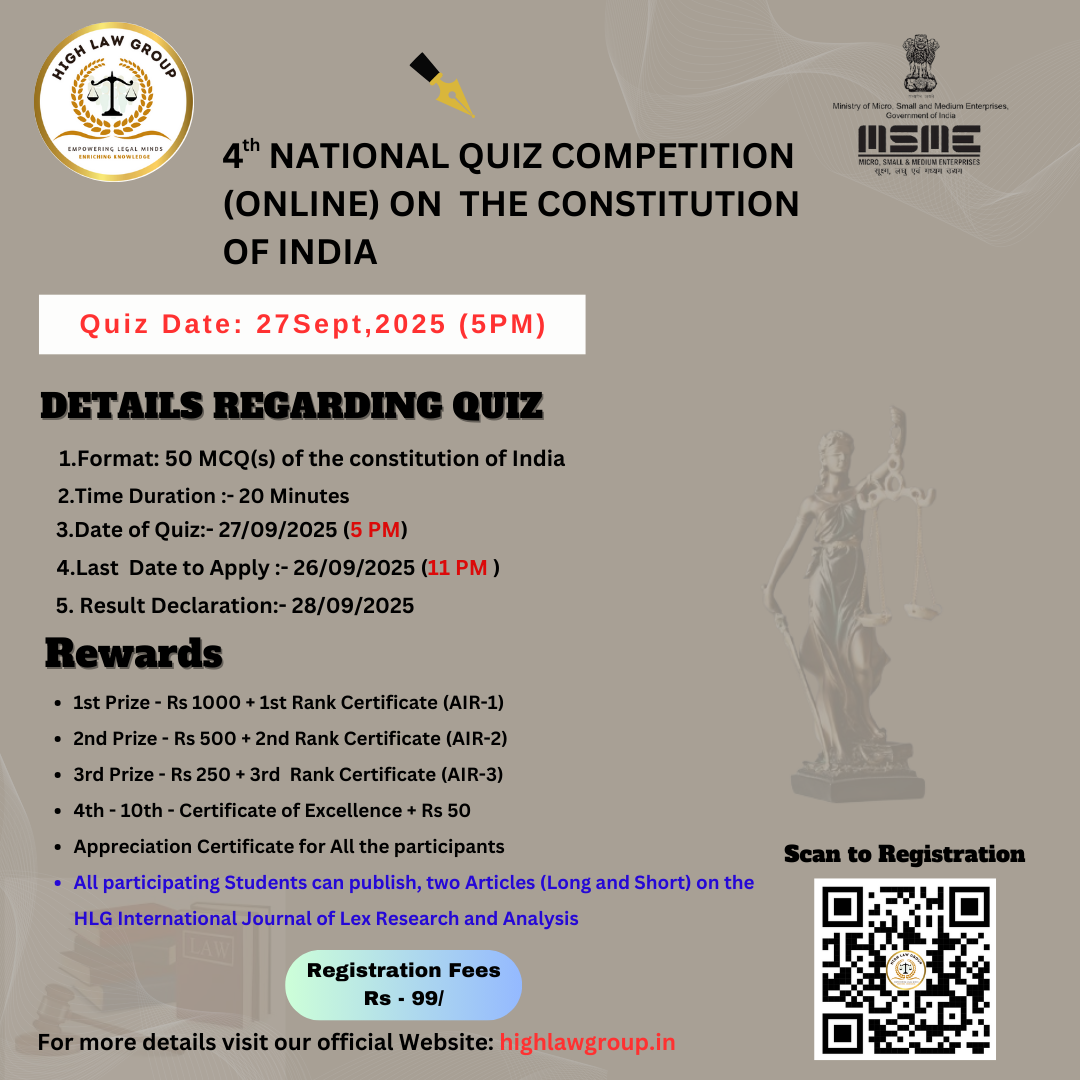Why in the news
Recently, the Delhi High Court in the case of
the Indian Institute of Foreign Trade vs Kamal Jeet Chhibber has
held that no authority can refuse to provide information under the Right to
Information Act, 2005 (RTI Act) on the ground that the information sought
is excessive.
What was the background of the Indian Institute of Foreign Trade vs. Kamal Jeet Chhibber case?
in this case, the petitioner, the India Institute of Foreign Trade (IIFT) is an educational institution establish by goverment of india to promote and professional the country’s international trade and business
Respondent No.1 is a former employee of the petitioner. 2nd respondent is the Central Information Commission (CIC), a quasi-judicial body.
Respondent (1) filed an RTI application with the PIO of the Indian Institute of Foreign Trade seeking certain information.
The respondent was not give any reply and filed an aappealbefore the First Appellate Authority on 3 September 2013.
Dissatisfied with the reply, the respondent approached the CIC claiming non-disclosure of information.
Two orders were passs by the CIC claiming non-di In 1st order, the Commission ordered IIFT to allow Respondent No. 1 to inspect the records.
In Jan 2016 oder, the ICC directe the institute to provide cler infornation on all 27 points raised.
The institute argued that the information sought by Respondent No. 1 was voluminous and declined to disclose it as it would consume huge resources.
Challenging the CIC order, the petitioner filed a petition in the Delhi High Court.
The High Court dismissed the petition, finding no reason to interfere with the CIC order.
The observation of Court
Justice Subramaniam Prasad said that no authority can refuse to provide information under the RTI Act on the ground that the information sought is voluminous.
What is the RTI Act?
RTI Act: Introduction:
It is an Act of the Parliament of India, which lays down rules and procedures regarding the right to information of citizens. it was next time held that the information sought by RTI applicant does not fall any of the exemptions contained in Section (8) of RTI Act.
Under the provisions of the RTI Act, any citizen of India can request information from a public authority, which is required to be answered expeditiously or within thirty days.






Leave a Reply